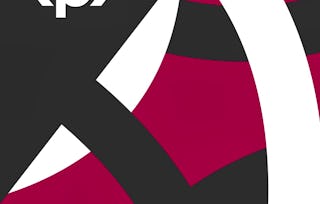In today's fast-paced development landscape, maintaining high code quality and robust security is more critical than ever. SonarQube helps teams continuously inspect codebases, identify bugs, vulnerabilities, and code smells across multiple programming languages.
This comprehensive course equips software developers and DevOps professionals with practical skills to effectively utilize SonarQube for enhancing code quality and security. You’ll learn how to set up and configure SonarQube, integrate it into CI/CD workflows, and interpret key metrics like code coverage, maintainability, and reliability to assess code health. Through hands-on exercises and real-world case studies, you will practice identifying and resolving security vulnerabilities and code issues, applying best practices to maintain high standards. This course is designed for software developers, DevOps engineers, and IT professionals who want to improve code quality and security using SonarQube. Whether you're new to static code analysis or looking to integrate SonarQube into existing workflows, this course provides hands-on guidance to help streamline development processes and ensure high-quality software delivery. Learners should have a basic understanding of software development, source control systems like Git, and CI/CD concepts. Familiarity with programming languages such as Java, JavaScript, or Python will be helpful, as SonarQube supports multiple languages. Additionally, some experience with cloud platforms and DevOps tools will enhance the learning experience. By the end of the course, learners will be able to install and configure SonarQube in both local and cloud environments, ensuring seamless integration into development workflows. They will also be able to connect SonarQube with CI/CD pipelines to automate security checks and maintain code quality. Additionally, learners will gain expertise in analyzing SonarQube reports to identify and address technical debt effectively, leading to optimized and secure software solutions.
















